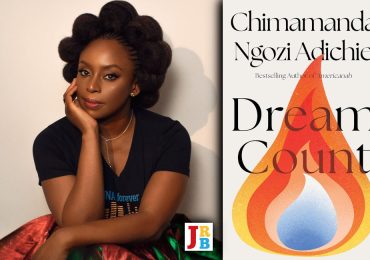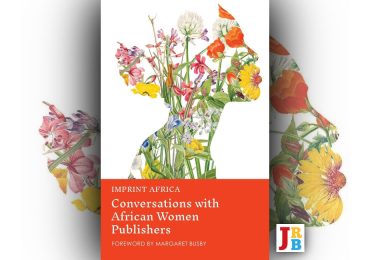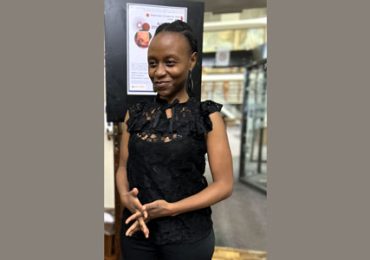The six authors shortlisted for the £50,000 Man Booker Prize have been announced—with 27-year-old debut novelist Daisy Johnson becoming the youngest writer ever to make the final cut.
Chair of judges Kwame Anthony Appiah called the novels on the shortlist ‘remarkably diverse’, adding: ‘From Ireland to California, in Barbados and the Arctic, they inhabit worlds that not everyone will have been to, but which we can all be enriched by getting to know.’
The Man Booker Prize is open to writers of any nationality writing in English and published in the UK and Ireland. For the second year in a row, no Africa-based authors were featured on the longlist, although two have connections with the continent. England-born writer Belinda Bauer, longlisted for her crime novel Snap but absent from the shortlist, spent ten years in South Africa as a child. Esi Edugyan—previously shortlisted in 2011 for Half-Blood Blues and now shortlisted for Washington Black—was born in Canada to Ghanaian parents.
In the four years since the prize has been open to the United States, two authors from that country have emerged triumphant: Paul Beatty in 2016 and George Saunders in 2017. This year’s shortlist features three writers from the UK, two from the US, and one from Canada.
Michael Ondaatje, who recently won the Golden Man Booker Prize for The English Patient, was longlisted for his seventh novel, Warlight, but has not made the shortlist. Nick Drnaso’s acclaimed Sabrina, the first graphic novel ever to be longlisted for the prize, has also not made the cut.
2018 Man Booker Prize shortlist
Author (country/territory) Title (imprint)
- Anna Burns (UK) Milkman (Faber & Faber)
- Esi Edugyan (Canada) Washington Black (Serpent’s Tail)
- Daisy Johnson (UK) Everything Under (Jonathan Cape)
- Rachel Kushner (USA) The Mars Room (Jonathan Cape)
- Richard Powers (USA) The Overstory (William Heinemann)
- Robin Robertson (UK) The Long Take (Picador)
The 2018 Man Booker panel of judges is: the philosopher Kwame Anthony Appiah, crime writer Val McDermid, cultural critic Leo Robson, feminist writer and critic Jacqueline Rose, and artist and graphic novelist Leanne Shapton.
‘All of our six finalists are miracles of stylistic invention,’ Appiah said. ‘In each of them the language takes centre stage. And yet in every other respect they are remarkably diverse, exploring a multitude of subjects ranging across space and time. From Ireland to California, in Barbados and the Arctic, they inhabit worlds that not everyone will have been to, but which we can all be enriched by getting to know. Each one explores the anatomy of pain—among the incarcerated and on a slave plantation, in a society fractured by sectarian violence, and even in the natural world. But there are also in each of them moments of hope.
‘These books speak very much to our moment, but we believe that they will endure. And we look forward to re-reading all of them as we make our way towards what will inevitably be the very difficult choice of only one of these brilliantly imaginative works as this year’s winner of the Man Booker Prize.’
The shortlisted authors each receive £2,500 and a specially bound edition of their book.
The 2018 winner will be announced on Tuesday, 16 October in London. The winner will receive £50,000.
The Booker is known for its bookselling clout: in the week following the 2017 prize announcement, sales of George Saunders’s winning novel Lincoln in the Bardo increased by 1227 per cent. Bloomsbury has to date sold over 230,ooo copies of the novel across all formats, with 70 per cent of those sales coming after the win.





